


The first four pictures are from DiDonato's Home series. The last two are from the Elsewhere series.


Everything visible at BookeDiDonato.com.

Posts that focus on and link to the doings of others.
511 Posts


The first four pictures are from DiDonato's Home series. The last two are from the Elsewhere series.


Everything visible at BookeDiDonato.com.

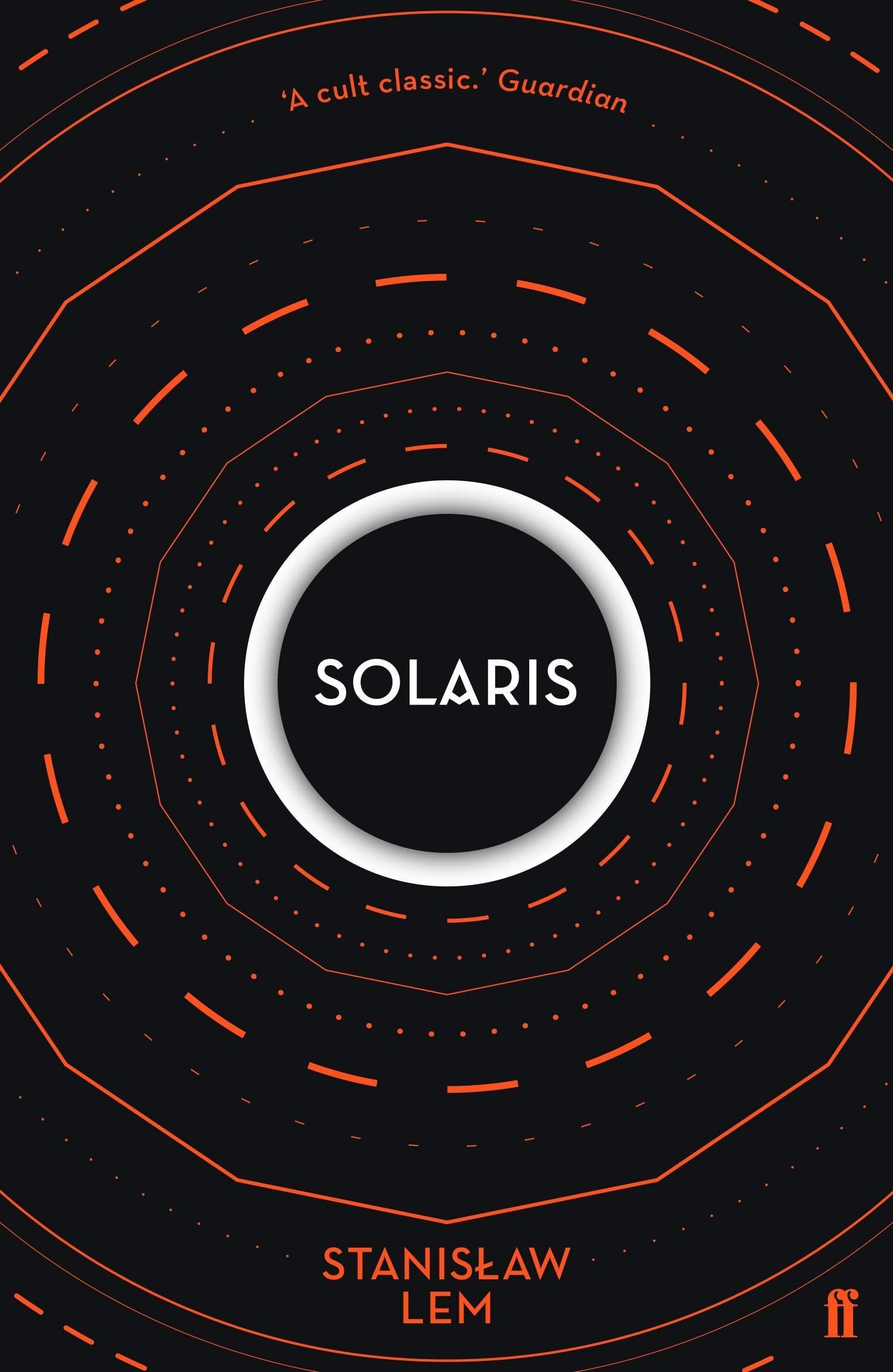
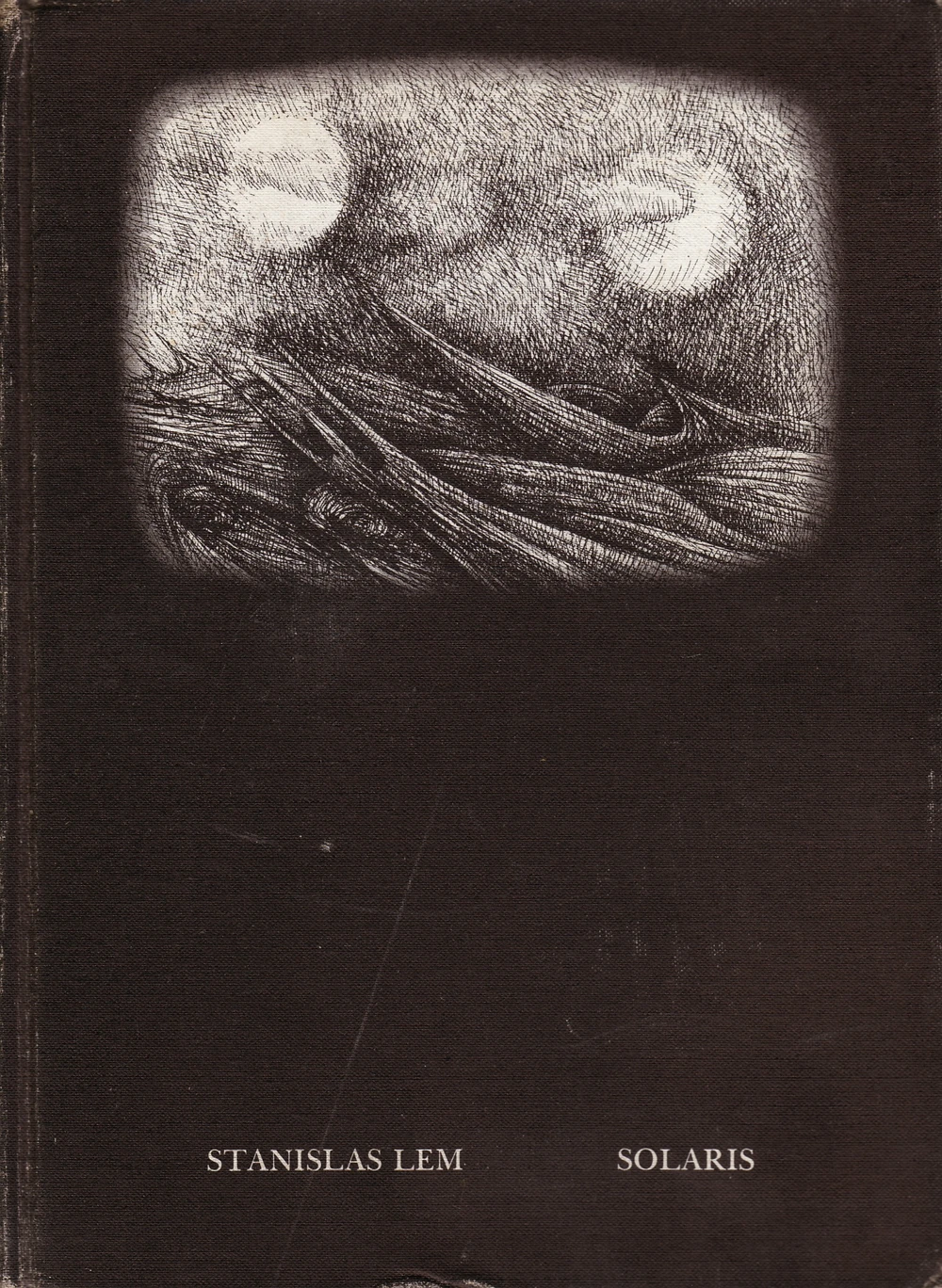
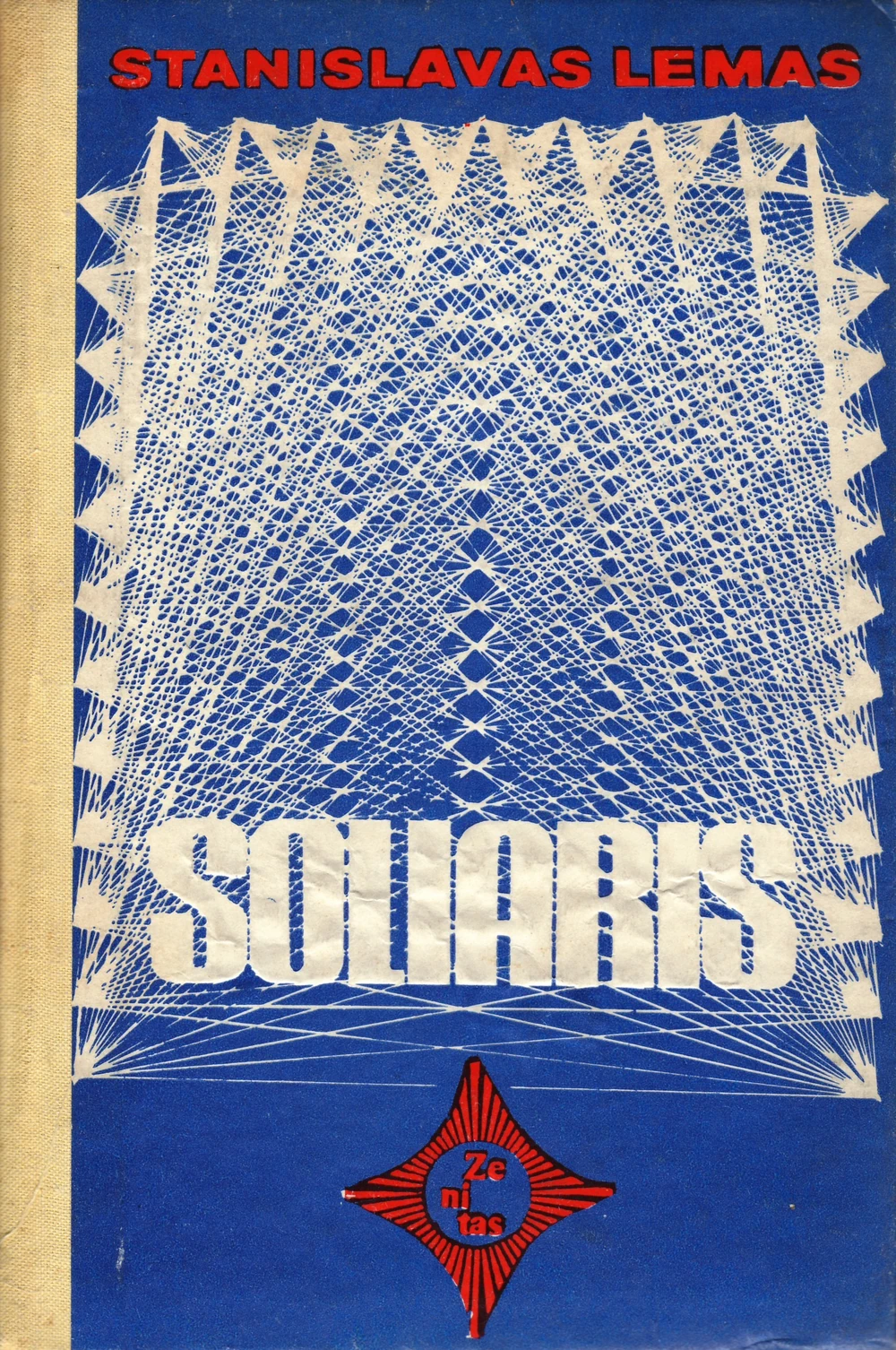

Stanislaw Lem's novel Solaris has been made into two films, one by Andrai Tarkovsky and the other by Stephen Soderbergh. Honestly, I cannot stand either one (though the Cliff Martinez score for the Soderbergh film is delightful).
The novel has been published in numerous languages in dozes of editions. The Hype & Hyper site has cataloged a ton of them. Wonderful to see how one title can inspire so many different interpretations.

‘A Kind of Language: Storyboards and Other Renderings for Cinema’ is an exhibition showing at Milan’s Fondazione Prada’s Osservatorio from January 30th to September 8, 2025.
ArtNet’s got a great article on the exhibit: From ‘Raging Bull’ to ‘Un Chien Andalou’—A New Show Traces Cinema’s Greatest Storyboards.
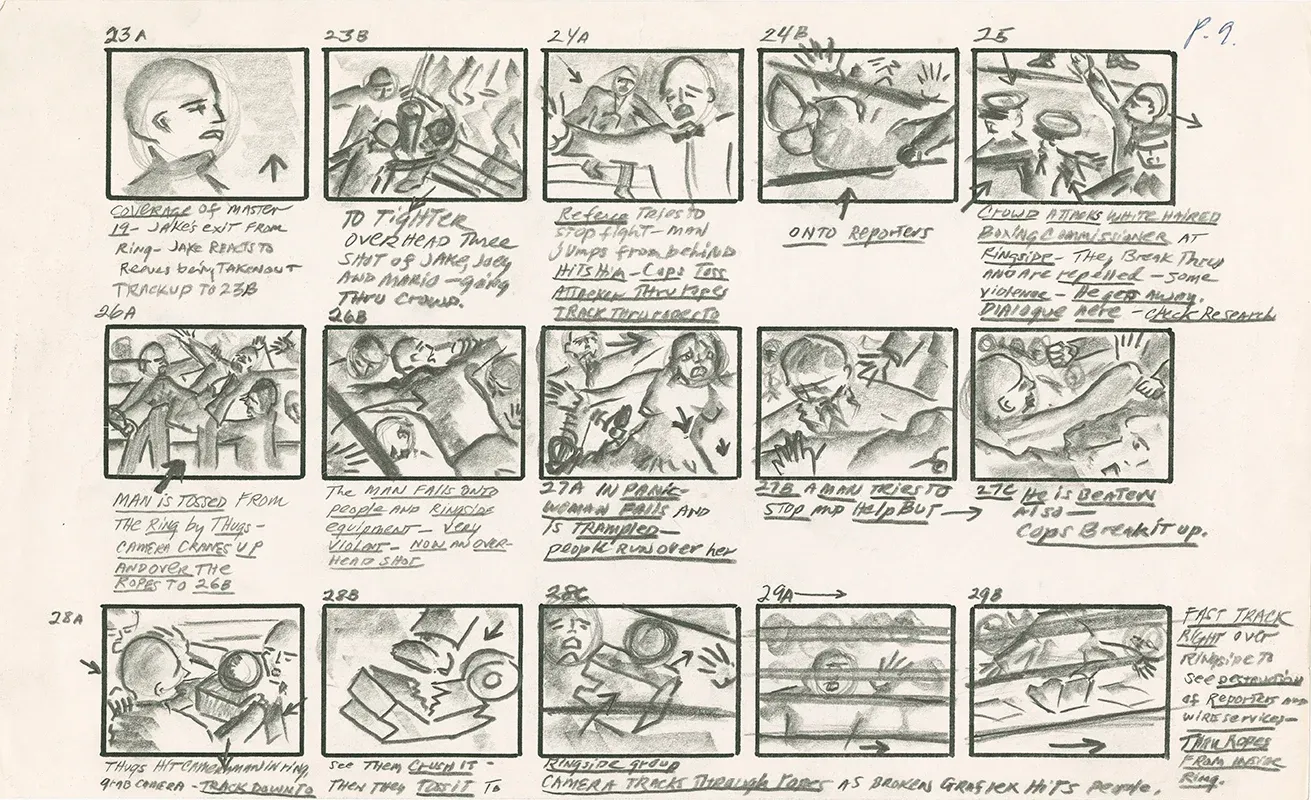
Via Metafilter

Mikkel Eye is an Architectural Designer who posts pictures of trees to his site, Meye.dk.
Mikkel explains: "All the trees are available as high quality PNG’s with transparent background. The trees are free to use for anyone who wants to add plantings to their visualizations, sections, and diagrams within the fields of landscape architecture, architecture, or urban planning. However, your project should be in focus. The trees of Meye are not to be used as free standing pictures or for advertisements."



Norway Maple // Windmill Palm // Scarlet Oak
You can filter by Species and Season. Niche-y, but for those in need: great resource well done.
The Teacher-Friendly Guide to Climate Change offers links to chapters on Paleontological Research Institution's Digital Encyclopedia of Earth Science and Here on Earth: Regional Guides.
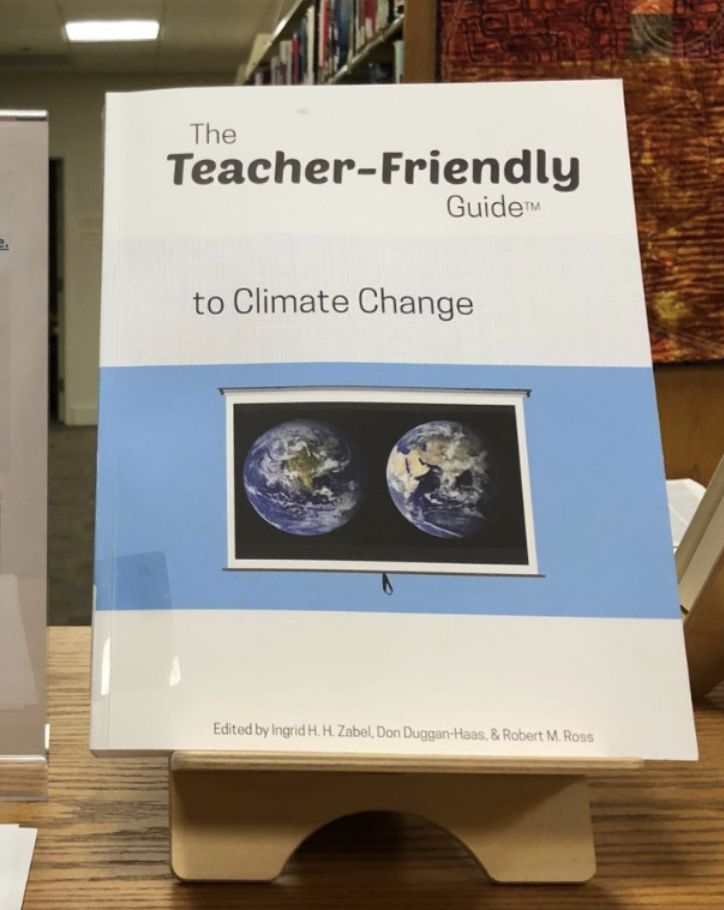
Timothy J. Barron's exhaustive page on British Crime & Mystery Shows. He's broken them down into 11 categories from Espionage to Profilers.
He's got another page that's Homes From British TV Crime and Mysteries.
WikiTok is exactly what you think it is: Wikipedia with a randomized TikTok-style interface.

